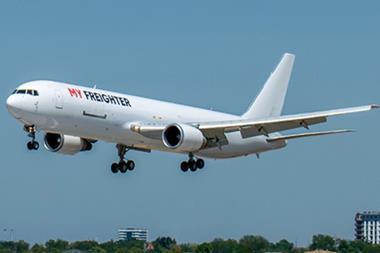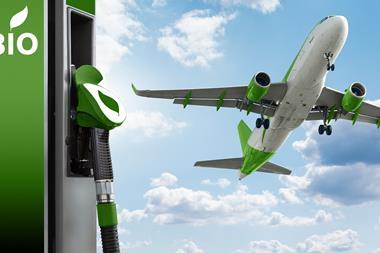August set the record for the fastest month for e-AWB growth, at 2% globally. Adoption speed is now four times that of the same period last year. There are now 20 airlines that have achieved over 20% e-AWB penetration, compared with only seven at the start of the year. Airports such as Hong-Kong, Singapore, Doha, Addis-Ababa and Dubai now all exceed 50% penetration.
At 19.4% globally, this puts the programme on track to achieve its 22% penetration target for 2014.
Guillaume Drucy, head of cargo e-business management, IATA, says: '2014 is turning out to be a pretty good year for air cargo growth, and for e-AWB as well. This is demonstrating our collective commitment to modernize air cargo. Let's keep the momentum going!'
Izzy Anderson, project manager, e-Cargo, IATA, says the growth has been down to having a single-process procedure. ìUnder the single-process approach, freight forwarders transmit shipment data electronically to their airline partners for 100% of their shipments, regardless of destination, and tender cargo to the airline without a paper AWB
If a paper AWB is required (due to regulatory, network or other constraints), the airline will produce the paper AWB, on behalf of the freight forwarder, based on the electronic data exchanged.
ìThis brings two very critical benefits: it removes the complexity of freight forwarders having to maintain parallel processes, for electronic and paper; and it enables airlines to implement a digital process for all destinations, even if for some of those, paper may still need to be printed because of local process or regulatory requirements.î
'We recognize the single process as a convenience,' adds Ajay Manoharan, cargo projects manager of Qatar Airways. 'Its addition at our Doha facility was an add-on feature that attracted, encouraged and gave a boost to our customers to come on board.'










